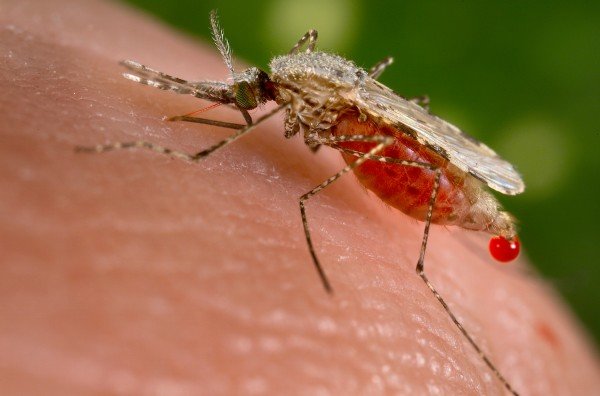Using a groundbreaking gene editing technique, scientists have created a strain of mosquitoes capable of rapidly introducing malaria-blocking genes into a mosquito population through its progeny, ultimately eliminating the insects' ability to transmit the disease to humans. This new model represents a notable advance in the effort to establish an antimalarial mosquito population, which with further development could help eradicate a disease that sickens millions worldwide each year.
This new model represents a notable advance in the effort to establish an antimalarial mosquito population, which with further development could help eradicate a disease that sickens millions worldwide each year. To create this breed, researchers at the Irvine and San Diego campuses inserted a DNA element into the germ line of Anopheles stephensi mosquitoes that resulted in the gene preventing malaria transmission being passed on to an astonishing 99.5 percent of offspring. A. stephensi is a leading malaria vector in Asia.
The study underlines the growing utility of the Crispr method, a powerful gene editing tool that allows access to a cell's nucleus to snip DNA to either replace mutated genes or insert new ones.
